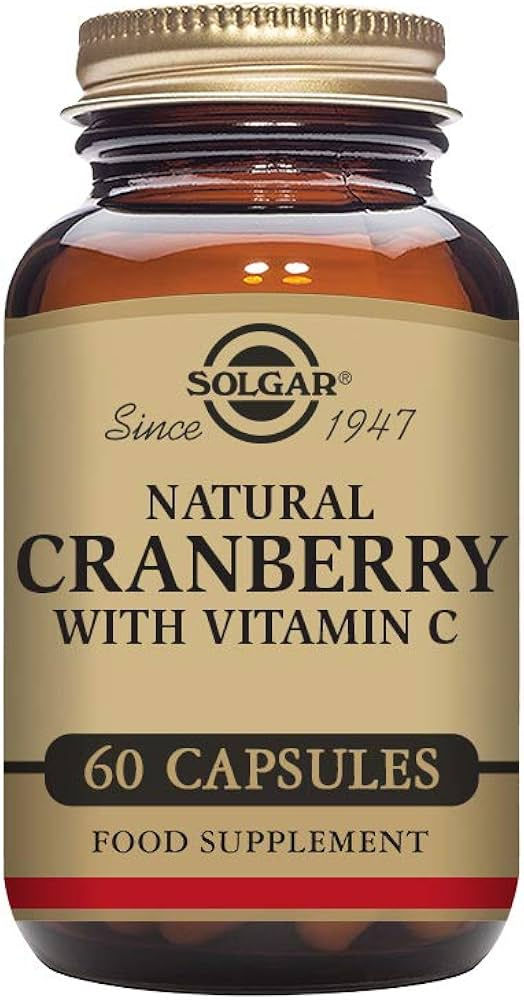UTIs in your 40s, 50s and beyond: 3 more natural treatments than antibiotics
- Sarah Danaher

- Aug 21, 2024
- 3 min read
Updated: Oct 12, 2024
Why are premenopausal and menopausal women more likely to get UTIs?
Oestrogen plays a crucial role in keeping the tissues of the vagina and urethra elastic and well-moisturised. During your 40s and 50s when levels start to drop, these tissues can become thinner, drier, and more prone to irritation, creating conditions that are conducive to developing urinary tract infections.
Drops in oestrogen also reduces the level of healthy bacteria that normally live in your vagina and bladder. Healthy bacteria help fight off infection-causing bacteria, meaning you are less able to prevent infections.
The standard treatment for urinary tract infections is a short course of antibiotics (NHS guidance), however, there are other research based treatments that can be effective.
Effective treatments
Creams/tablets: For post menopausal women (those who have not had a period for a year), oestrogen creams or tablets can be very effective. These are placed internally, where they release small amounts of oestrogen into nearby tissues. It takes about 6 to 12 weeks to get full benefits. Over time, it’s estimated that vaginal oestrogen can reduce your risk of UTIs by more than 75 percent.
Vaginal oestrogen is only available on prescription, except the brand Gina (vaginal tablets) which has recently become available to buy from pharmacies.
It is known that the majority of menopausal women experience symptoms related to vaginal dryness and urinary symptoms yet only the minority receive treatment.
However, it is going to cost around £30 for one packet which will last around three months which is expensive.
Cranberry Extract: In 2023, researchers analysed all of the available research to assess whether cranberry products help reduce urinary tract infections (UTIs). This included 50 clinical studies involving 8,857 participants.They compared the effectiveness of cranberry products with placebo (a fake treatment) or no treatment at all.
For women with recurrent UTIs, cranberry juice or syrup may have little to no effect in preventing UTIs.
However, cranberry tablets or powders, which are more concentrated, may reduce the risk of UTIs. The ideal dosage isn't clear yet, but a daily dose of a high-strength capsule (at least 200 mg of cranberry extract) is likely more effective than drinking cranberry juice.
Probiotics: There is growing research regarding the use of probiotics, as treatment for UTIs. Specific probiotics increase the level of healthy bacteria that exist in the urinary tract, which protect against the harmful bacteria which cause UTIs. However, selecting the correct probiotic can be confusing, and research shows that only specific strains of healthy bacteria may help.
Studies have shown that the L. rhamnosus GR-1 and L. reuteri RC14 blend is associated with a reduced incidence of recurrent urinary tract infections.
Studies also indicate a higher cure rate for bacterial infections when this probiotic is taken alongside antibiotics compared to antibiotics alone.
The GR-1 and RC-14 blend also promotes the recolonisation of beneficial Lactobacilli in the vagina, which helps maintain a healthy microbial balance. It has been linked to reduced colonisation of harmful bacteria and yeast, and has even been associated with a negative Group B Streptococcus (GBS) status in pregnant women—an important consideration during pregnancy.
Lastly, this probiotic blend supports a favourable vaginal pH, which is essential for creating an environment that discourages infection and maintains overall vaginal health.
Jarrow Formulas Femdophilus contains these well researched probiotic strains L. rhamnosus GR-1 and L. reuteri RC14.
Another probiotic, Optibac For Women contains L. rhamnosus GR-1 and L. reuteri RC14, with the addition of another probiotic, Lactobacillus paracasei F-19. Optibac is a good quality probiotic brand that is widely available in the UK (Holland & Barrett, Boots, Superdrug, Amazon, and independent pharmacists and health food stores)

References
Rahn DD, Carberry C, Sanses TV, Mamik MM, Ward RM, Meriwether KV, Olivera CK, Abed H, Balk EM, Murphy M; Society of Gynecologic Surgeons Systematic Review Group. Vaginal estrogen for genitourinary syndrome of menopause: a systematic review. Obstetrics Gynecology. 2014 Dec;124(6):1147-1156.
Cochrane review 2023 - Cranberries for preventing urinary tract infections (Review) Williams G, Stothart CI, Hahn D, Stephens JH, Craig JC, Hodson EM
Akgül T, Karakan T. The role of probiotics in women with recurrent urinary tract infections. Turk J Urol. 2018 Sep;44(5):377-383.











Comments